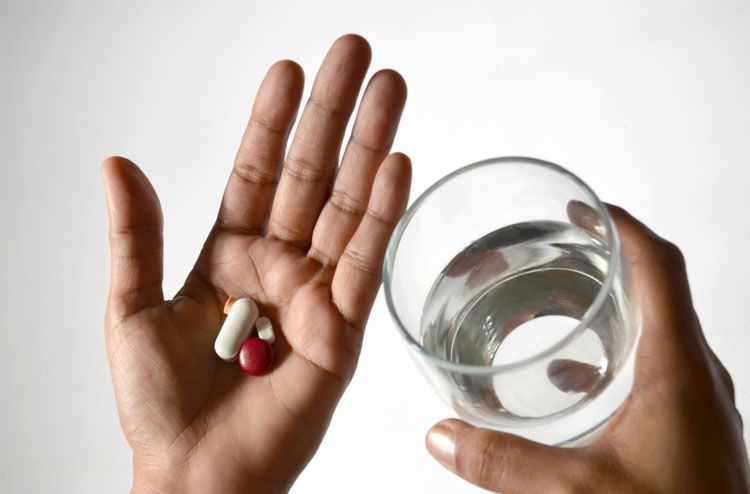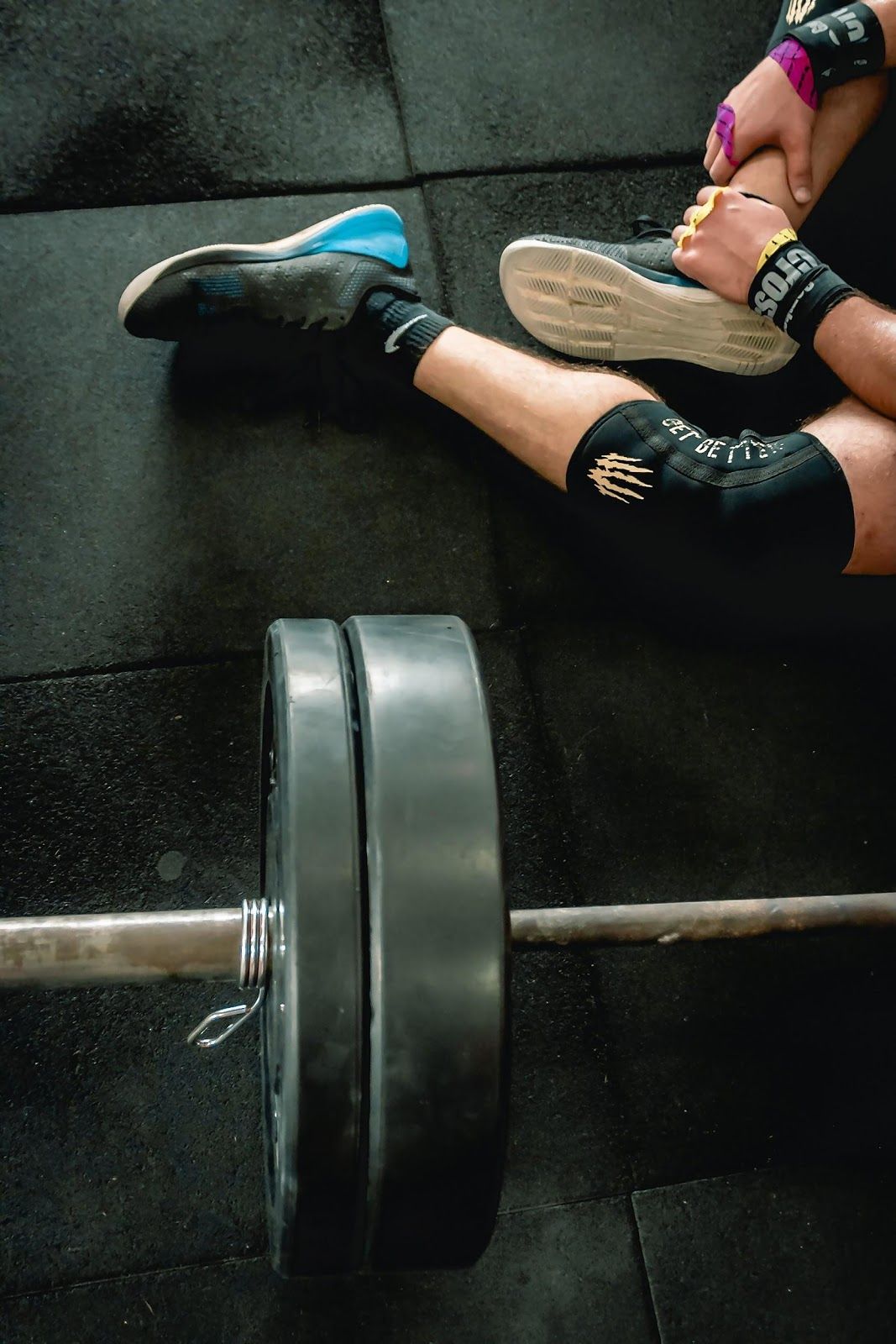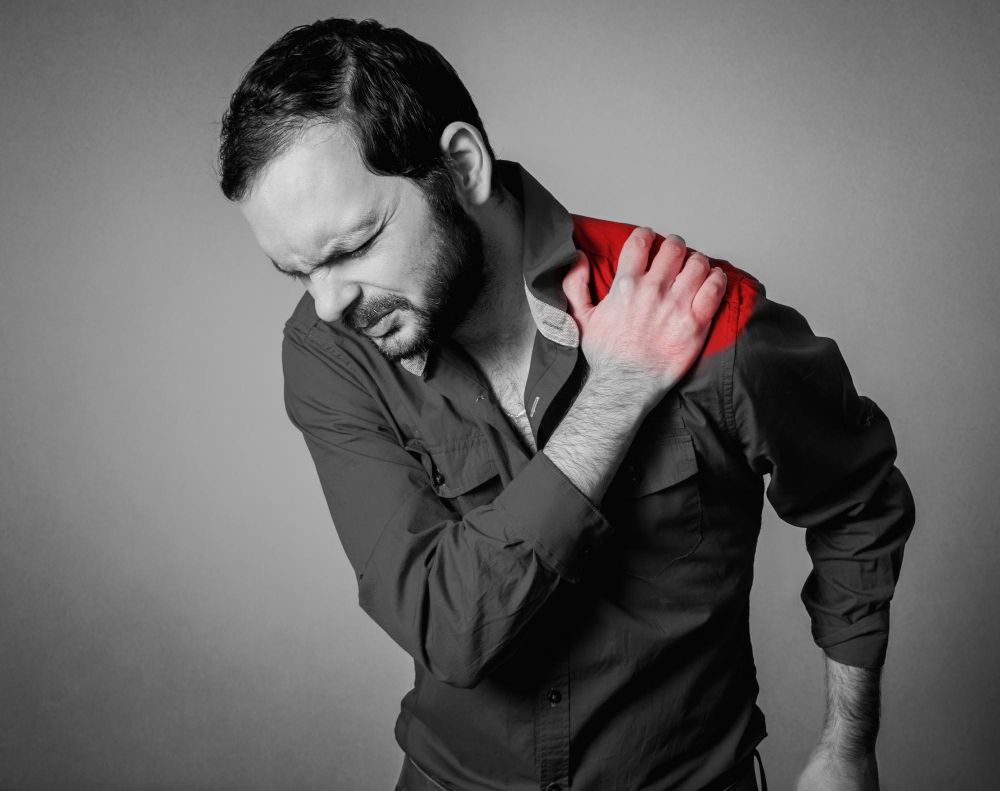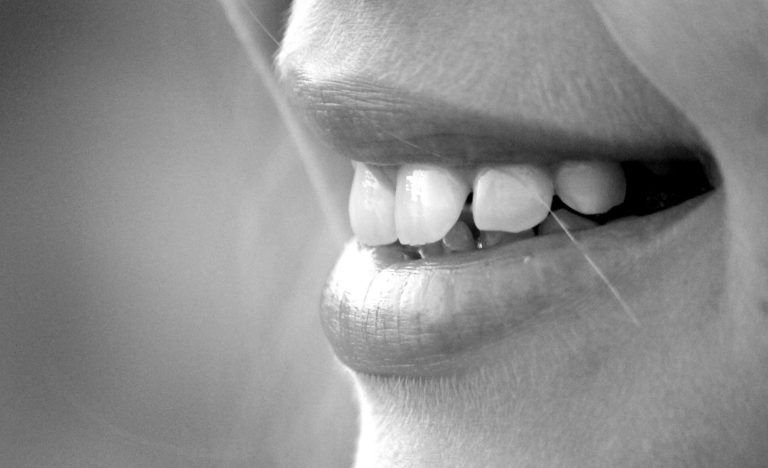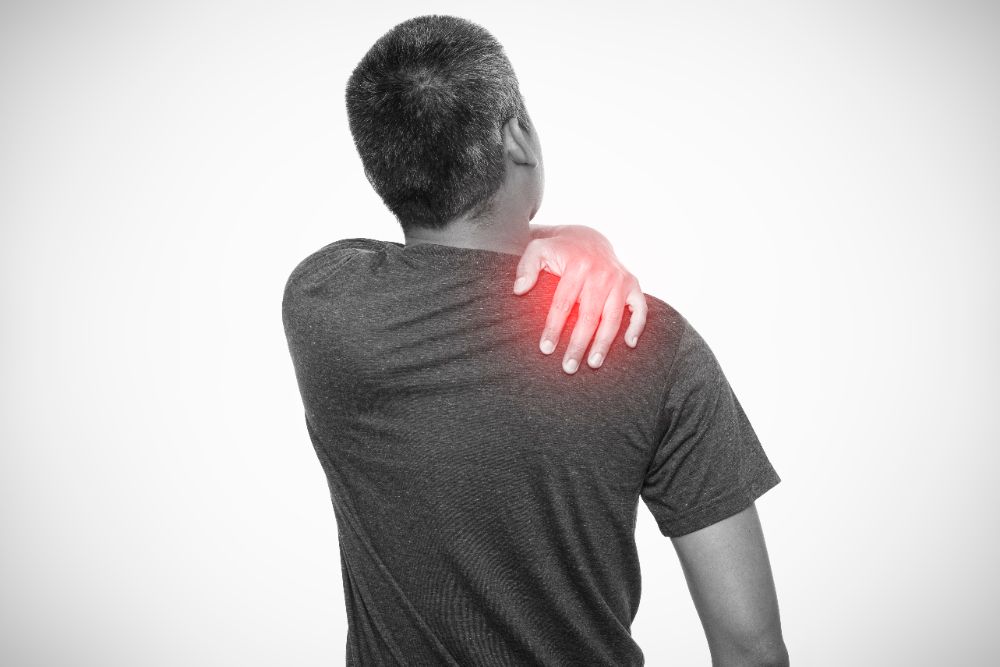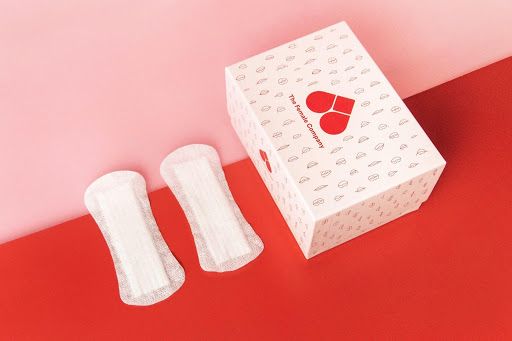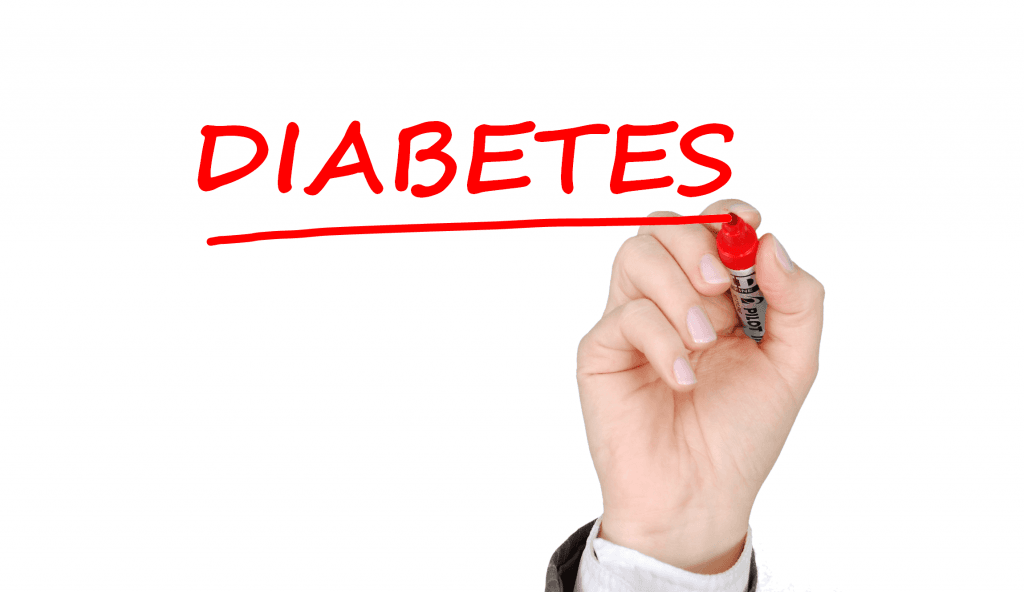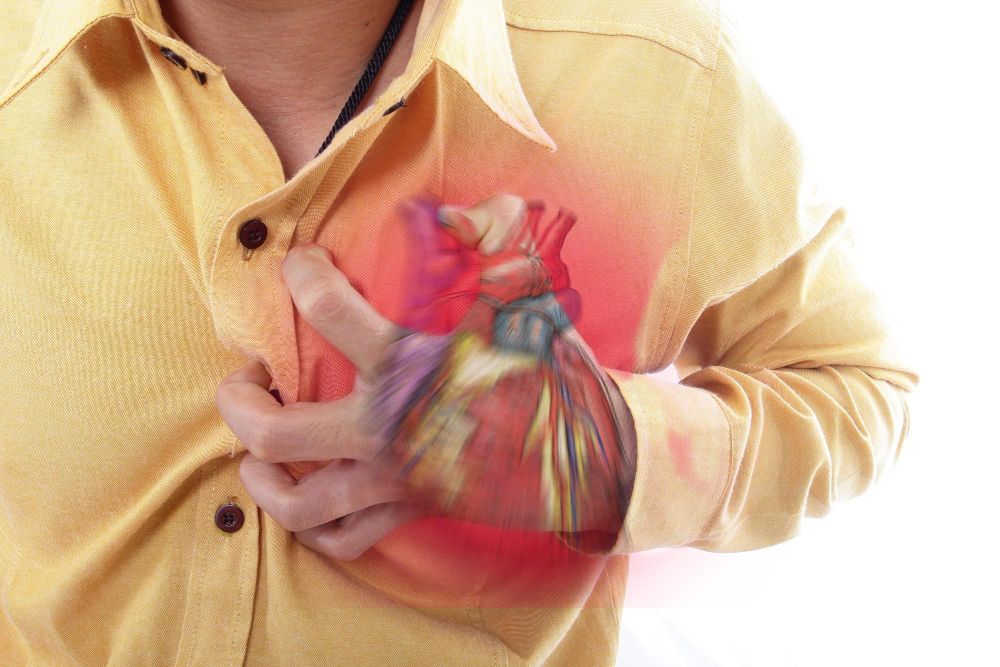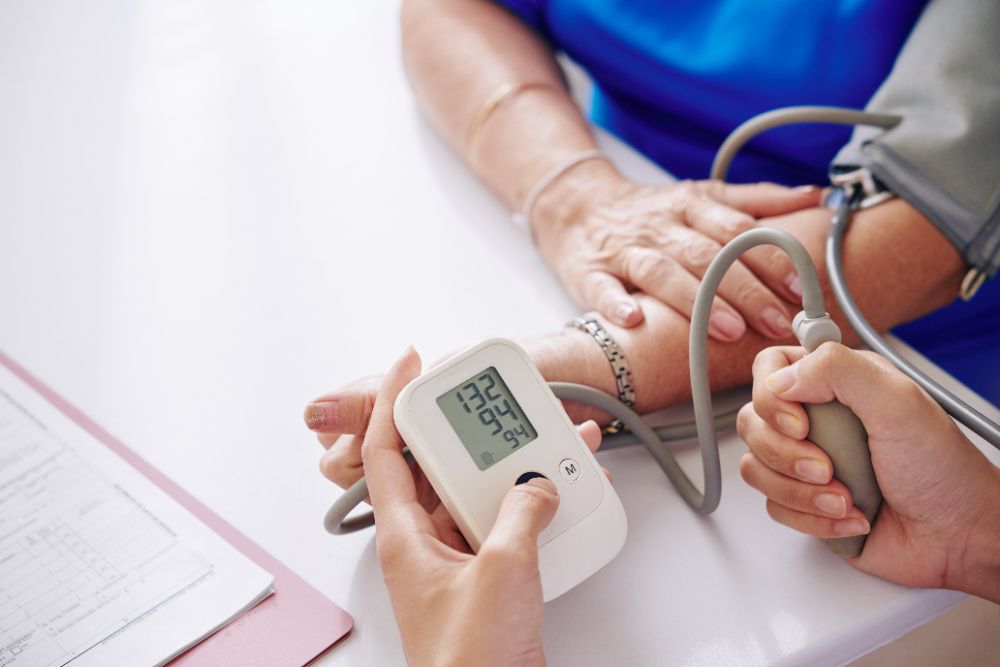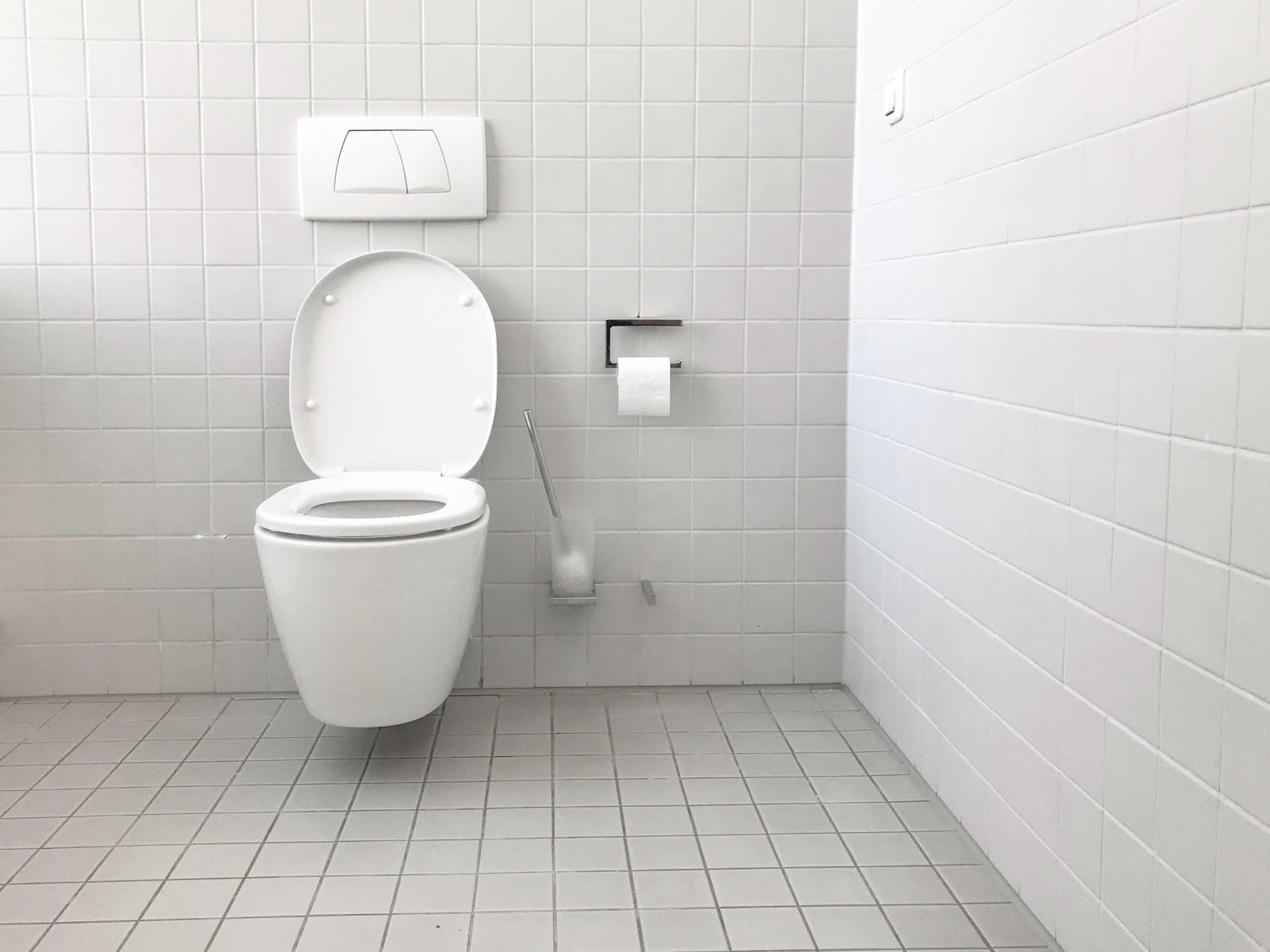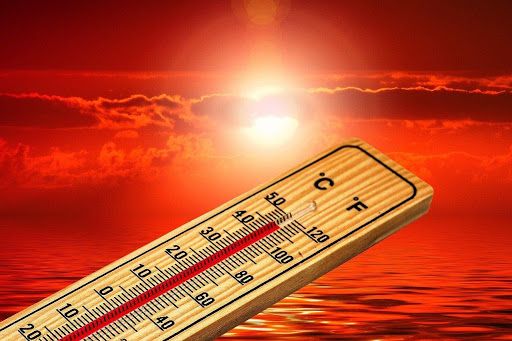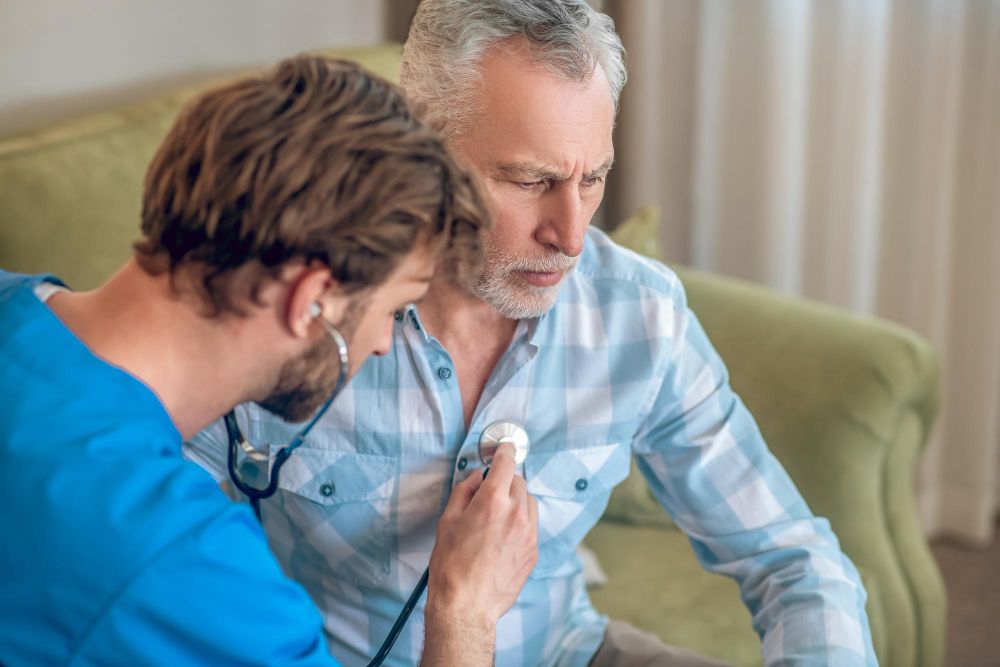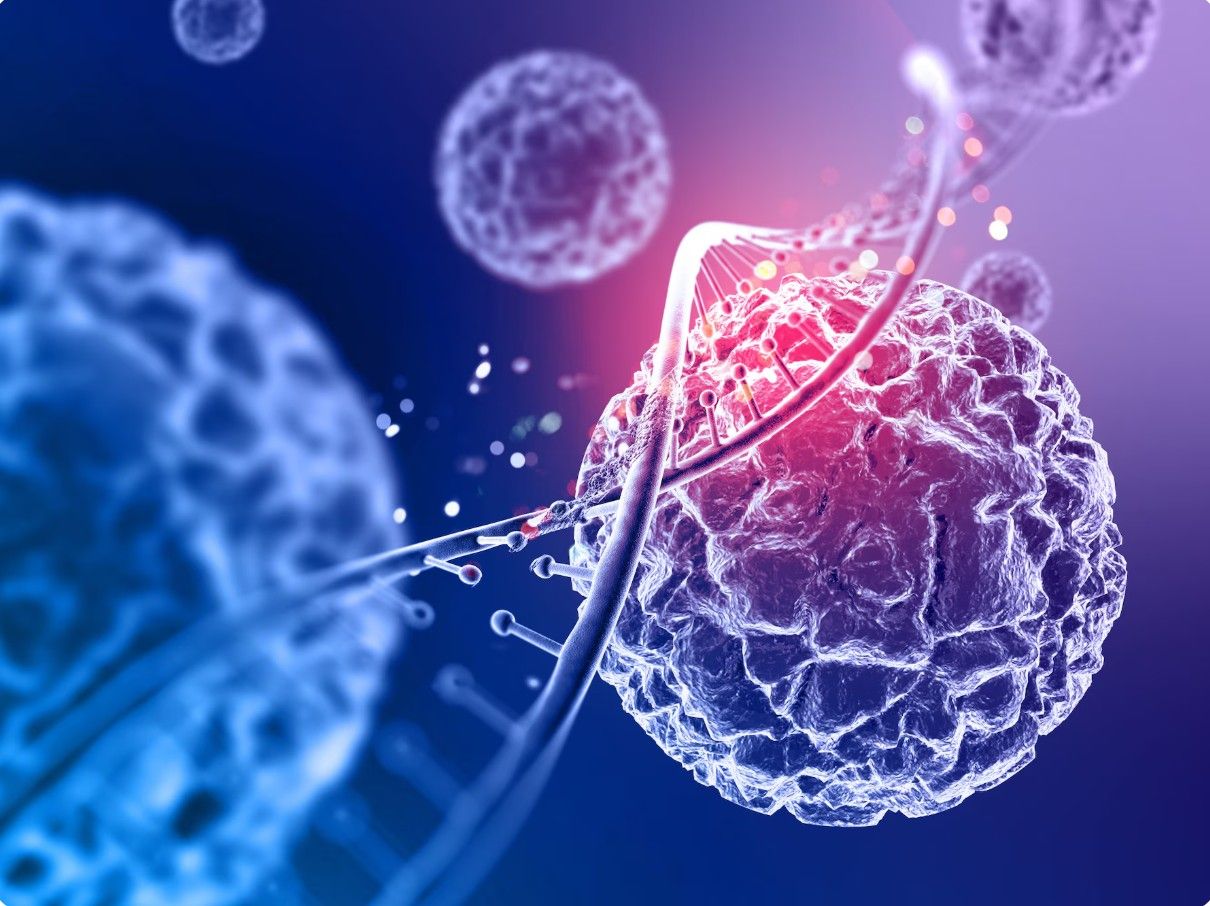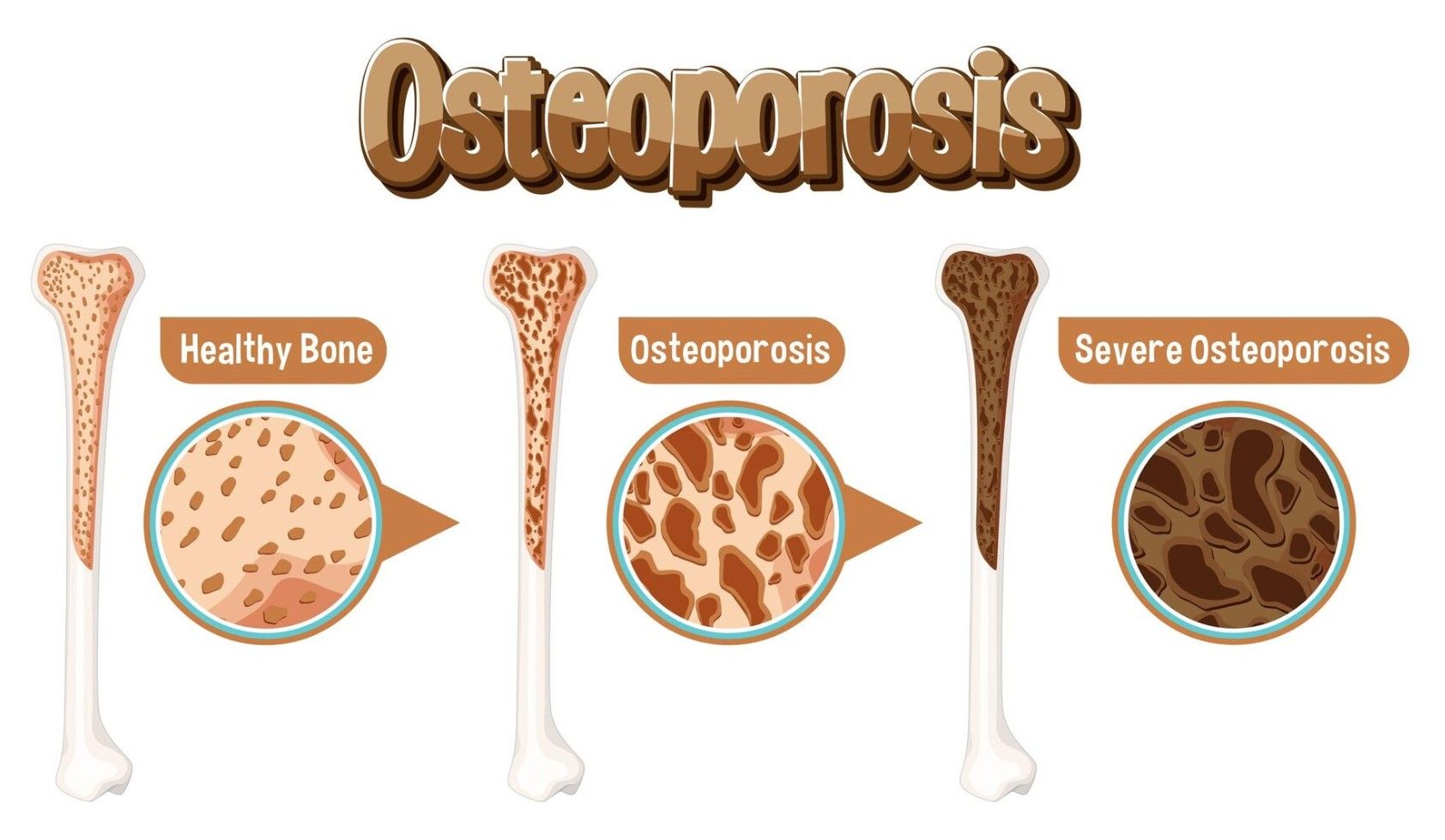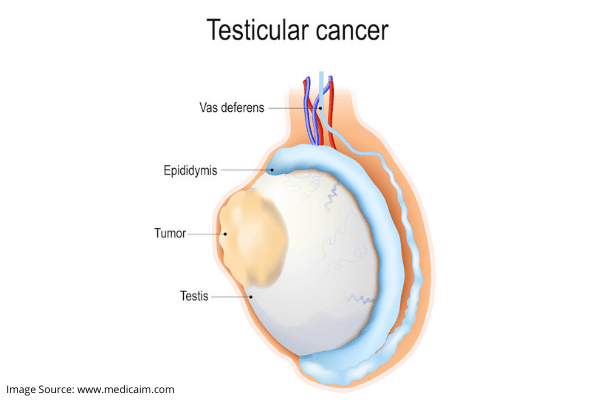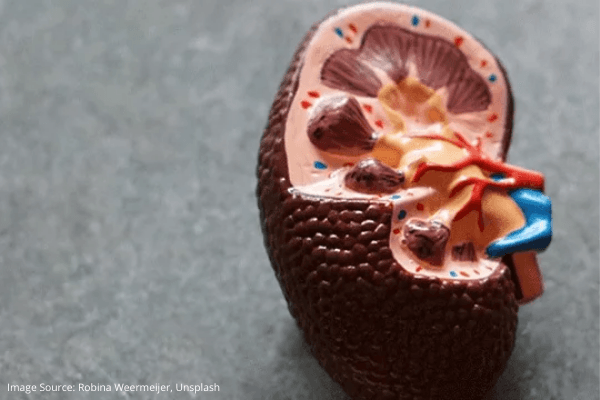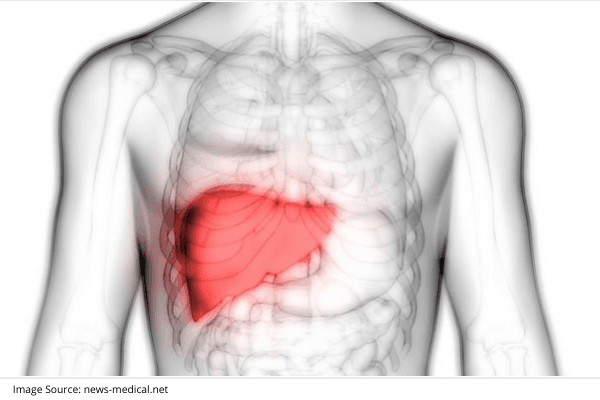Why You Shouldn’t Consume Medicines with Cold Water
There has been a long-raging debate on the temperature of water needed for consuming medications. You won’t find much as in research papers dealing with this issue simply because there are so many different kinds of medicines, each having its own set of requirements. So under such circumstances what do you do? You go back to your basics and follow the simple teachings on digestion and absorption of drugs – along with a little common sense too.
We all know that medicines come in various forms as syrups, suspensions, dispersible tablets, regular tablets, capsules, powders, etc. Though medicines are best taken in syrup or suspension form as they are easier to absorb, then problems associated with the convenience of storage and an efficient shelf-life come up; this makes it imperative that they are sold in the tablet or capsule form. Also, not all medicines should be taken as liquids, especially when it comes to the slow-release medications which deliver the drug over an extended period of time. These types of tablets release the drug in limited quantities at a time and shouldn’t be crushed.
Coming back to the temperatures of water needed for consuming drugs, do remember that medicines are absorbed across the biological membranes in the stomach and intestines. And for absorption to be optimal, the internal environment has to be just right and this includes the temperature within the lumen of the stomach and intestines. While it’s well known that cold water slows down the dissolving capacity of medications, it also creates sub-optimal temperatures for absorption of these medicines into the system.
When medicines are taken with cold water, the body tends to spend more energy on warming up the cold water that’s hit the stomach instead of concentrating on processing the medication you have just consumed. The same happens when you take cold water with food – instead of concentrating on getting the best nutrients out of the food consumed, the body first has to spend its energies on warming up the cold water to body temperatures instead!
It’s a well-known fact that solubility increases in warmer temperatures and since most medicines contain salts as fillers, it stands to reason that they will dissolve faster and become effective sooner when taken with warmer or normal temperature water. Faster delivery into the system is key to taking medications, so why take chances by swallowing your medicines with cold water! Don’t go for hot water either as it destroys the medicine.
Ten Effective Remedies That You Can Refer to When You Are Suffering from Muscle Cramps
Finally starting off with the gym life can get too overwhelming until you hit those muscle cramps along with the weights.
Skin Tags - Benign Tumor or Cancerous Tumor?
Skin tag if observed is a narrow stalk that hangs about your skin, bulging at the end. They are usually freshly colored and can grow anywhere on your body.
Rotator Cuff Tear
A rotator cuff tear is a rotator cuff injury that can cause shoulder pain and loss of arm function. The rotator cuff is a set of muscles and tendons in your shoulder.
Importance of Parental Counselling
Right from the moment you tell your friends and family about your pregnancy, little hints keep coming your way on parenting your unborn child!
Taking Care of a Terminal Patient? Here Are Six Ways to Help Them to the Fullest
A terminally ill patient is someone who has a relatively short life expectancy. Terminally ill people are usually shifted from an actively curative medicinal regime
Stages of Tooth Decay and Their Treatment Options
Tooth decay refers to the degradation process of the structure of the tooth resulting in permanent damage.
12 Home Remedies for Dry Cough
The flu, common cold, asthma, cigarette smoke exposure, and other conditions can all cause a dry cough. Home remedies such as honey, peppermint, and air purifiers may be beneficial.
Shoulder Dislocation
Shoulder dislocation occurs when the bones of your shoulder joint are pushed or forced out of their normal positions.
5 Facts to Keep in Mind for Your Monthly Menstruation Cycle
Our menstruation indicates multiple activities within your body. Every month, your uterus forms a thicker lining for the ovary to release an egg for a possible pregnancy.
Different Types of Diabetes
Junk food and increasing physical activity are leading to a worldwide epidemic of obesity, resulting in diseases like diabetes
Dilated Cardiomyopathy
Dilated cardiomyopathy is a form of heart muscle illness in which the heart chambers (ventricles) weaken and stretch, becoming bigger.
Hypertension (High Blood Pressure)
High blood pressure, also known as hypertension, is a condition in which the blood flow against the inner walls of the arteries is persistently high.
3 Cosmetic Dentistry Procedures You Did Not Know About
Over the past few years, cosmetic dentistry has undergone significant evolution in society. With the increasing demand for cosmetic dentistry, it is no longer a luxury; it has become a necessity.
5 Lifestyle Changes That Will Help with Your Urinary Incontinence
Urinary Incontinence is quite a painful and embarrassing condition to have. It refers to the loss of bladder control, which can vary from a slight release of urine after sneezing, coughing, or laughing, to a complete inability to control urination.
5 Tips This Summer to Avoid Heatstroke
Certain jobs demand fieldwork in the scorching heat. The warm weather, bright sun, and the blue skies are not always an excellent working environment for them at all.
6 Home Remedies for Yeast and Vaginal Infections
Yeast infection is common among women. You might have had the experience of irritating soreness and itching that prolonged for days due to not knowing about the cause.
Aortic Dissection
An aortic dissection is a tear in the aorta. This is the primary artery that transports oxygen-rich blood from your heart to the rest of your body.
Bariatric Surgery and Weight Loss
Bariatric surgery, also known as weight loss surgery, is performed on individuals suffering from obesity. It involves a variety of procedures that help maintain long-term weight loss and also aid in treating obesity.
Best Foods to Cleanse Your Liver
Your liver is one of the largest organs in your body and its primary function is to filter the system by converting toxins to waste products, cleansing your blood and process various nutrients.
Infertility and its Major Causes and Treatments
Infertility is an issue that’s on the rise – not just in India but all over the world. It’s estimated that, on average, one out of every six couples has had issues with infertility.
Precautions to be Taken to Avoid Eosinophilia
Let’s begin with talking about eosinophils – they are just a type of white blood cells that are laden with reactive chemicals which get released under specific conditions to cause mayhem in the body
What is BMD Assessment and its Significance in Treating Osteoporosis
Osteoporosis is that creepy monster lurking in the dark, waiting to manifest itself as you age and get less active.
Signs of Testicular Cancer
Men have a pair of testicles located in a sac-like pouch called the scrotum. It forms part of their reproductive system and are responsible for sperm production.
Signs and Symptoms of Kidney Stone
Your kidneys are very important organs in the body; they regulate water content, filter waste from blood, and produce hormones.
Treatment For Liver Failure
Treatment for liver failure depends largely on the causative agent; for example of it’s due to hepatitis virus infection, then hydration and supportive care needs to be provided while the body’s immune system fights back. If it’s due to gallstones,
Related Blogs
Ten Effective Remedies That You Can Refer to When You Are Suffering from Muscle Cramps
Finally starting off with the gym life can get too overwhelming until you hit those muscle cramps along with the weights.
Skin Tags - Benign Tumor or Cancerous Tumor?
Skin tag if observed is a narrow stalk that hangs about your skin, bulging at the end. They are usually freshly colored and can grow anywhere on your body.


